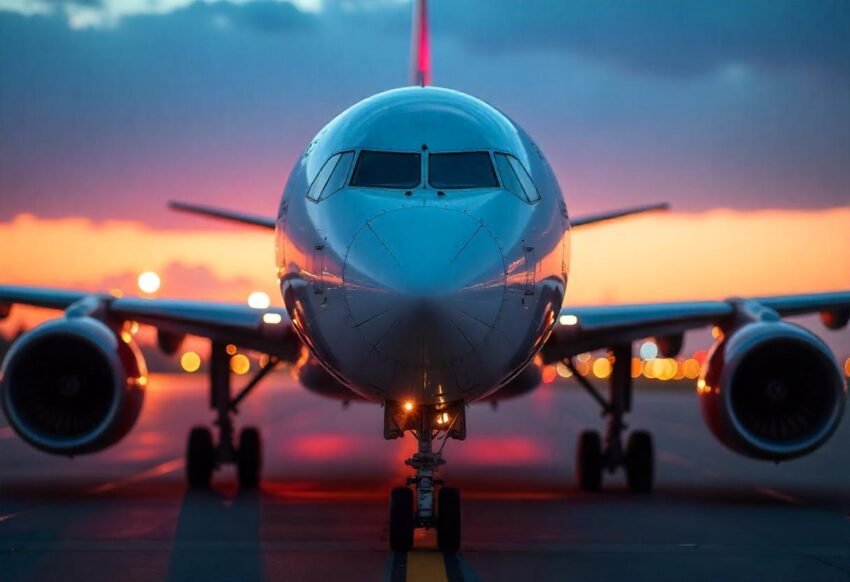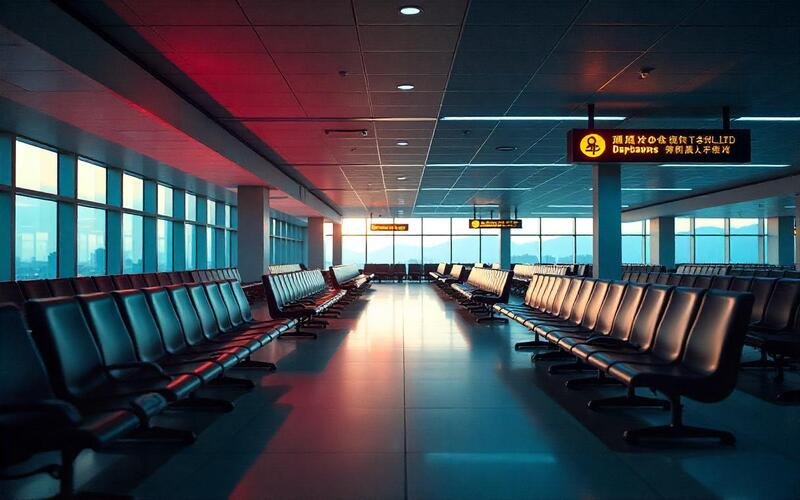Home
»
TRAVEL NEWS
»
China, South Korea, Hong Kong Expose The Hidden Threat Of Power Banks In Air Travel As Strict Certification Rules And Onboard Fire Incidents Push Aviation Authorities To Act Fast
Wednesday, July 2, 2025

Uncertified power banks have triggered a wave of in-flight fires in China, South Korea, and Hong Kong, exposing the hidden dangers of lithium batteries and prompting aviation authorities to enforce strict certification rules to prevent mid-air catastrophes.
Travelers flying out of China are now subject to stricter aviation security rules as authorities crack down on the unchecked carriage of uncertified electronic devices. The Civil Aviation Administration has implemented a comprehensive ban on power banks that lack the “3C” safety certification, a regulatory move designed to curb the growing number of lithium battery-related fires aboard commercial flights.
The “3C” or China Compulsory Certification is a mandatory safety standard enforced by Chinese regulators to ensure that consumer electronics meet minimum thresholds for safety, environmental protection, and quality control. Power banks that do not visibly display this certification are now considered unauthorized and will be barred from aircraft cabins.
The policy follows a surge in aviation incidents linked to lithium-ion battery malfunctions, including power banks that have overheated, caught fire, or emitted smoke mid-air. Aviation regulators in China are responding to these threats with decisive action aimed at reinforcing passenger safety and preventing future emergencies onboard.
Recent global incidents have intensified scrutiny over battery-powered devices. Investigations into recent in-flight fires suggest that portable power sources, particularly lithium batteries, are capable of igniting in overhead bins or passenger luggage when damaged, overcharged, or improperly manufactured. In several cases, flights had to make emergency landings after smoke or flames were detected, disrupting operations and endangering passengers.
While lithium batteries have long powered essential travel gadgets—such as phones, laptops, tablets, e-cigarettes, and wireless headphones—their increasing use has presented a new set of risks. These compact energy storage units contain flammable electrolytes that can ignite when internal faults trigger short circuits or when subjected to high heat or mechanical stress.
As more travelers carry multiple devices, including extra batteries and charging accessories, airlines are under pressure to adapt safety protocols. China’s move to ban uncertified power banks is part of a broader global effort to regulate battery use onboard and mitigate potential hazards.
The updated rules apply to all domestic and international flights originating from China, regardless of airline. Any power bank without the 3C mark will be confiscated at security checkpoints, and passengers may face delays if their baggage contains non-compliant devices. Security personnel are also being instructed to conduct additional inspections and screening for portable charging products.
Authorities have also launched market-level crackdowns on non-compliant manufacturers. Several batches of power banks have been recalled due to safety concerns, while the national regulator has revoked or suspended certifications from multiple power bank and battery cell producers. These companies failed to meet the technical and safety benchmarks required under China’s certification scheme.
The aviation sector in China has already maintained restrictions on in-flight use of power banks. Since 2014, passengers have been forbidden from charging their devices using power banks during flights. The new rules, however, extend well beyond usage limitations by targeting the carriage of uncertified units, reflecting a more aggressive enforcement strategy.
Airlines globally are also strengthening their policies. Many now require that power banks be stored in carry-on baggage only, and not in checked luggage, to ensure easy access in case of overheating. Passengers are often advised to keep such devices in sight at all times, allowing quick detection of smoke or abnormal heat.
In response to the heightened risks, aviation safety teams have begun issuing updated guidance on handling thermal runaway incidents—a dangerous chain reaction in lithium batteries that can escalate rapidly. Cabin crews are being trained to identify early signs of malfunction and to respond with fire containment tools like battery fire bags or portable extinguishers.
Regulatory bodies outside China are closely watching these developments. As lithium battery use expands worldwide, so does the urgency to create standardized rules across borders. Industry experts are calling for clearer labeling, better consumer education, and tighter controls on the sale of uncertified power devices.
According to aviation incident records, lithium battery-related events have become significantly more frequent. Reports show that in 2023, there were at least three incidents globally every two weeks involving battery overheating or ignition aboard aircraft—up from fewer than one a week just five years prior. This increase signals an urgent need for updated safety frameworks that reflect current passenger behavior and technological dependency.
China’s strict enforcement of 3C certification serves as a warning to both travelers and manufacturers. The country’s regulatory apparatus is no longer merely recommending safe practices—it is mandating them. This approach aims not only to protect passengers but also to set a benchmark for international aviation safety standards.
The new policy also reinforces the growing expectation that manufacturers must take greater responsibility for the integrity of their battery-powered products. Compliance with safety standards is no longer optional; it is becoming a prerequisite for market participation, particularly in sensitive sectors like air transport.
As airlines continue modernizing fleets and enhancing passenger services, safety remains a top priority. China’s actions demonstrate that technology-driven convenience cannot come at the expense of onboard security. By tightening control over uncertified devices, the country is actively reducing risk and setting an example for responsible aviation governance.
A surge in onboard fire incidents involving uncertified power banks in China, South Korea, and Hong Kong has exposed the critical threat of lithium battery failures, prompting aviation authorities to enforce strict certification rules to protect passenger safety and prevent mid-air emergencies.
For travelers, the message is clear: bring only certified, clearly marked power banks when flying, especially out of China. As airport security intensifies and airlines adopt similar rules, preparation and compliance will ensure smoother, safer travel experiences in an increasingly electrified world.
«Enjoyed this post? Never miss out on future posts by following us»
Tags: airline safety measures, China aviation safety, China travel rules, emergency landing causes, inflight fire risk, lithium device restrictions, power bank regulations, South Korea flight fire, Tourism news, travel industry, Travel News








